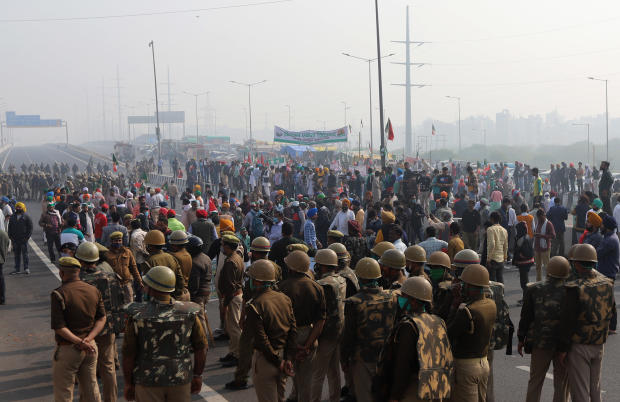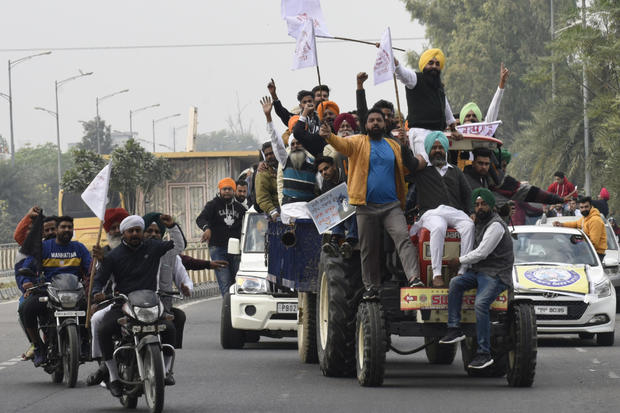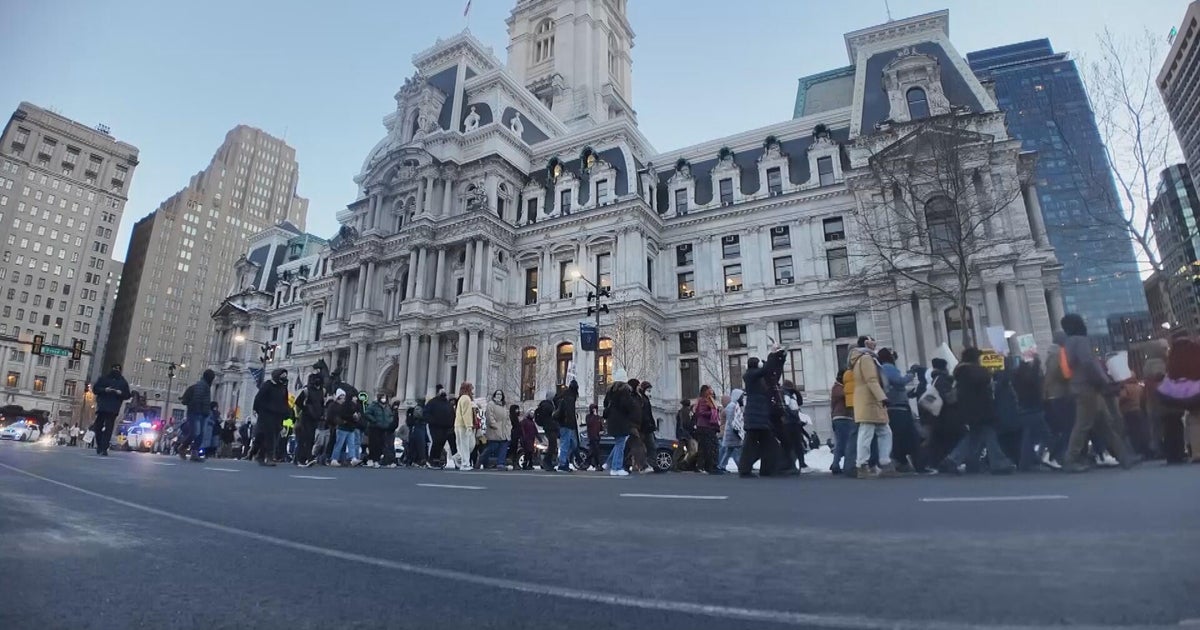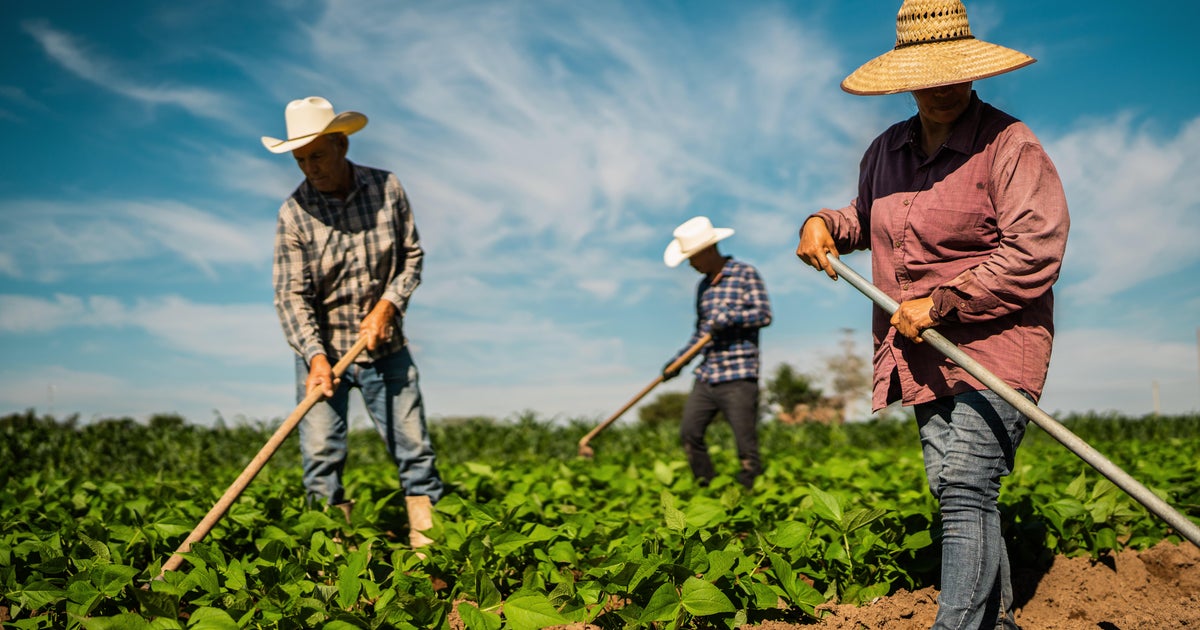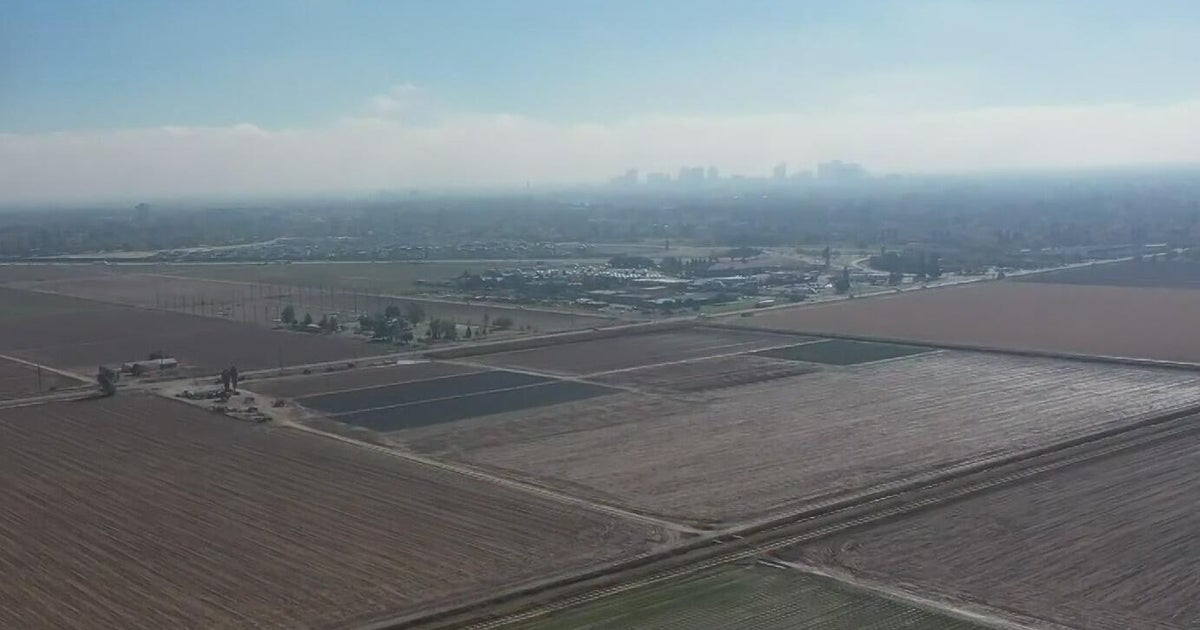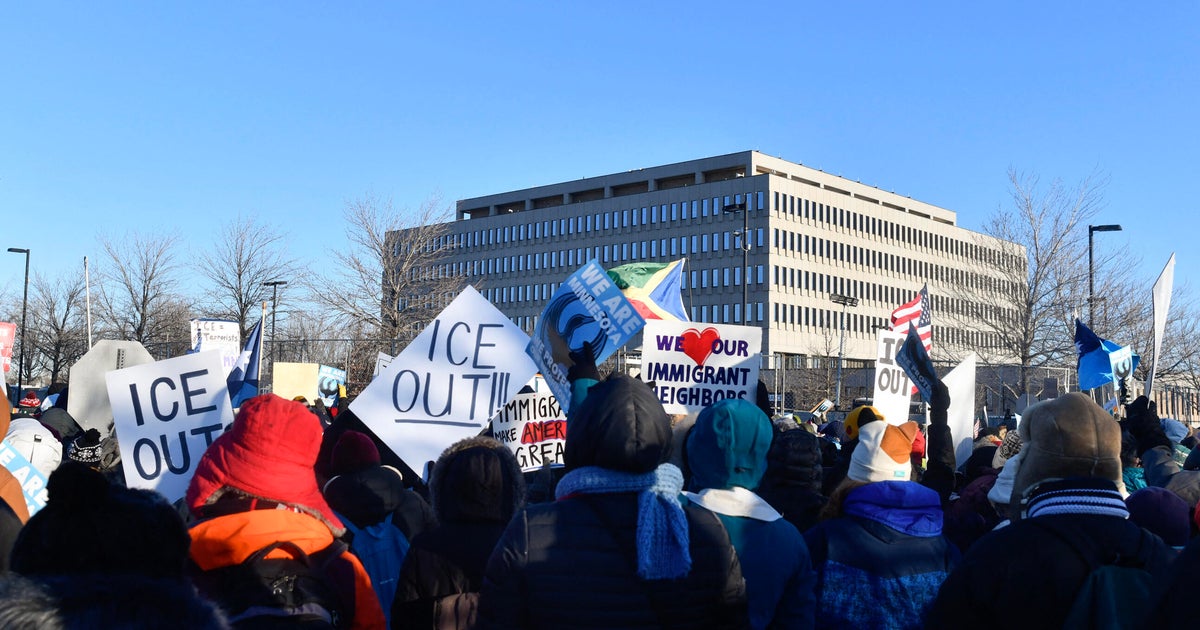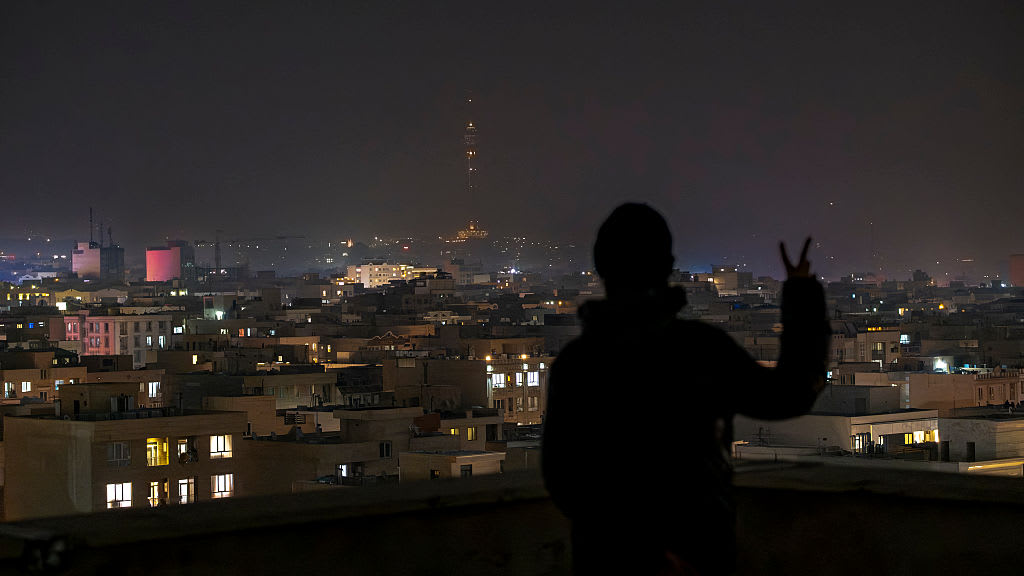Indian farmers protesting push for deregulation squeeze food supplies, and Narendra Modi's government
New Delhi — Farmers on strike in India put a squeeze on transport services and food supplies in several states with a bid to shut the country down on Tuesday in protest over new laws. Hundreds of thousands of famers blocked several national highways and rail lines, stopping the movement of people and goods and shutting down several major wholesale food markets, including in the megacities of Delhi and Mumbai, together home to more than 50 million people.
The call for an India shutdown, or "Bharat band," on Tuesday was supported by scores of trade unions and more than a dozen of India's opposition political parties.
For almost two weeks, farmers — mostly from the states of Punjab and Haryana, known as the "rice bowl" of India — have marched to Delhi in protest, with tens of thousands setting up camps on the borders of the capital region.
They're demanding the repeal of three farm laws that were approved in September.
The government says the new laws will help deregulate the country's agriculture sector by allowing farmers, who have long sold their produce at "mandis" or government-controlled wholesale markets with guaranteed prices, to also sell their produce at a market price directly to private buyers.
But the farmers aren't convinced the change will benefit them, and many fear they'll lose vital government help that has been in place for decades, in the form of the price guarantees, government loans and other support including payments when crops are destroyed by natural disasters. They argue the new laws are really aimed at helping large corporations and will expose them to exploitation by big agribusinesses.
"What if they don't buy our crops or don't pay us the right price?" Kishan Kushwaha, one protesting farmer from Haryana state, told CBS News. "Our already-meager profits are in danger if the government lets big businesses control prices."
The agriculture sector makes up almost 15% of India's $2.9 trillion economy, but it has suffered a downturn in recent years amid outdated laws and climate change-fueled droughts, flooding, and even locusts killing off crops. The circumstances have pushed thousands of debt-ridden farmers to suicide. More than 10,000 Indian farmers died by suicide in 2019 alone, according to government data.
Five rounds of talks between representatives for the farmers and Prime Minister Narendra Modi's government have brought no significant results. A sixth round of talks was scheduled for Wednesday, but Indian Interior Minister Amit Shah called for the meeting to be moved up to Tuesday evening, signalling a potential willingness by the government — facing one of its worst crises to date with the protests — to grant some concession.
The government, which initially responded to the protests by saying the farmers were being misled by opposition political parties, has indicated that it may be ready to amend some portions of the new laws.
The farmers, who've brought truckloads of food with them to the protest sites around the capital, have said they won't move until there's a complete rollback of the legislation.
Pressure from outside
News reports earlier this month showing police beating farmers at the protests — many of them elderly — and using tear gas and water canon on them in the winter cold brought widespread criticism of Modi's government.
A couple U.S. lawmakers have urged India's leaders to let the farmers continue their peaceful protest.
"I stand in solidarity with the Punjabi farmers in India protesting for their livelihoods and protection from misguided, manipulative government regulations," Congressman Doug LaMalfa, a Republican from northern California, said in a Monday tweet.
"India is the world's largest Democracy — they owe it to their citizens to allow peaceful protest. I encourage these folks and PM Modi to have peaceful, productive discussions," said Democratic Rep. Josh Harder, also of California.
Earlier this month, the Indian government warned Canadian Prime Minister Justin Trudeau of damage to diplomatic ties after he spoke up in support of the Indian farmers.
"Canada will always be there to defend the rights of peaceful protesters. We believe in the process of dialogue. We've reached out through multiple means to the Indian authorities to highlight our concerns. This is a moment for all of us to pull together," Trudeau said during an online meeting.
India called Trudeau's comments "ill-informed" and "unacceptable interference in our internal affairs," but the Canadian leader reiterated his remarks just two days ago.
